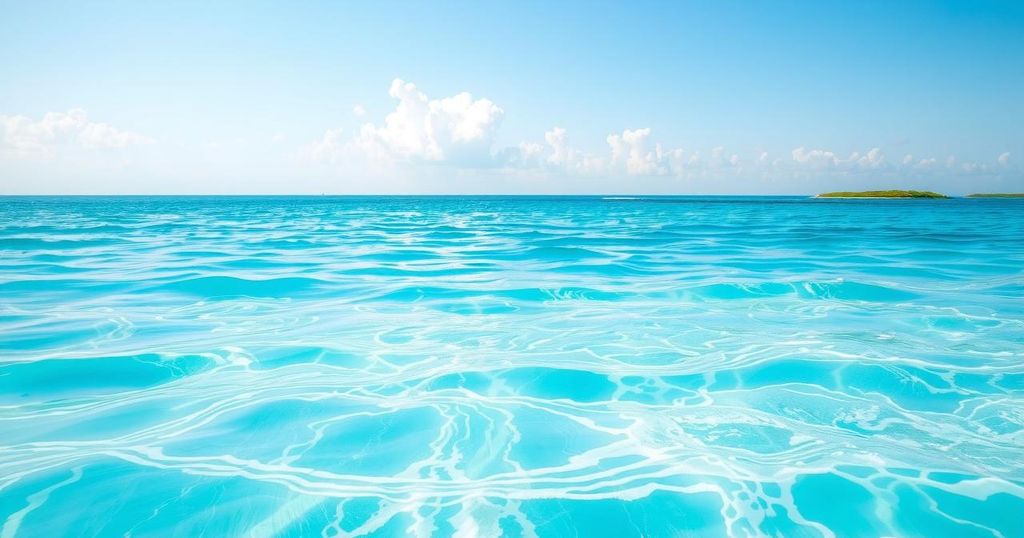Qatar’s Prime Minister warns that an attack on Iran’s nuclear sites could contaminate the Gulf’s water, threatening life in Qatar, the UAE, and Kuwait. He advocates for diplomacy over military action amidst U.S. pressures on Iran. Qatar prepares for potential water shortages stemming from regional conflicts, highlighting the need for preserving stability in the Gulf.
Qatar’s Prime Minister, Sheikh Mohammed bin Abdulrahman Al Thani, has expressed grave concerns regarding a potential military strike on Iran’s nuclear facilities, warning that such an attack could severely contaminate the Gulf’s water supply, jeopardizing the lives of millions in Qatar, the UAE, and Kuwait. The Gulf region, reliant on desalinated water sourced from the sea, could face dire consequences, including the absence of potable water and marine life.
The prime minister stated that an assault on these sites would render the Gulf a lifeless region, emphasizing the severity of the situation for the local populace. He urged for diplomatic efforts to prevent military conflict, labeling it as a harbinger of widespread regional warfare.
His remarks coincided with U.S. President Donald Trump’s renewed “maximum pressure” campaign against Iran, aimed at isolating the nation economically and curtailing its oil exports. The prime minister reaffirmed Qatar’s opposition to military intervention, advocating for a peaceful resolution to the tensions involving Iran, which has rebuffed attempts at coercion over its nuclear ambitions.
Sheikh Mohammed highlighted that there is a tangible risk to Qatar’s water supply should an attack occur, noting the country’s precarious position in accessing potable water. To mitigate this risk, Qatar has significantly invested in large concrete water reservoirs to bolster emergency supplies. Notably, some of Iran’s nuclear sites lie closer to Doha than to Tehran, raising specific concerns for Qatar’s safety.
Moreover, while maintaining a strong alliance with the United States, Qatar continues to foster relations with Iran, sharing a significant gas field that underscores their interconnected interests. Trump’s prior withdrawal from the Iran nuclear agreement in 2018 and the subsequent escalation of Iran’s nuclear activities have exacerbated the situation, leaving both regional and international stakeholders apprehensive.
In conclusion, the warning by Qatar’s Prime Minister illustrates the profound implications a military strike on Iran’s nuclear facilities could have on the Gulf region’s water supply and overall stability. His advocacy for diplomatic negotiations highlights Qatar’s commitment to peaceful resolutions, amid escalating pressures from the U.S. Understanding the delicate balance of alliances in the region remains crucial as tensions continue to mount between Iran and Western powers.
Original Source: www.hindustantimes.com




